Educational and topical seminars for parents, carers and professionals
Keep up to date on the latest topics through our free seminars, discussions and workshops presented by industry experts.
CPD ACCREDITED seminars
EXPERT speakers
KEEP UP TO DATE WITH THE LATEST TOPICS
Network with professionals
Seminar programme
Room 1
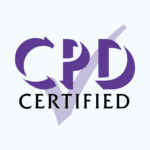
Seminar sessions run concurrently

Room 1
10:00am
Understanding Autism and Neurodivergence
Jenna Vousden, Service Lead
Olivia Wadham, Consultant Clinical Psychologist
Natasha Green, Speech and Language Therapist
Rohan Smith, Assistant Psychologist
Caudwell Children’s Charity
- Introduction to autism – what this means, examples of autistic experience, brief summary of diagnostic criteria, raising awareness of what indicators to look out for
- Autism as a neurotype – moving away from a medical model and introducing the concept of neurodiversity and natural variation in humans, including recognition of other neurodivergent presentations (e.g. ADHD)
- Assessment and diagnosis – including brief outline of the assessment process and considerations for families/professionals about when/how to refer for assessment
- Strategies for supporting autistic and neurodivergent children – including some key approaches and tips for working with or supporting children, such as communication tools, creating structure and predictability, emotional regulation strategies, adapting the environment and supporting acceptance and understanding.
Learning Outcomes will include: to understand more about autism, to recognise autism as part of neurodiversity and consider criticisms of more medical/pathologising approaches, recognise potential indicators and know what steps could be helpful for children/families, to have a toolbox of key strategies and feel more confident supporting autistic children.
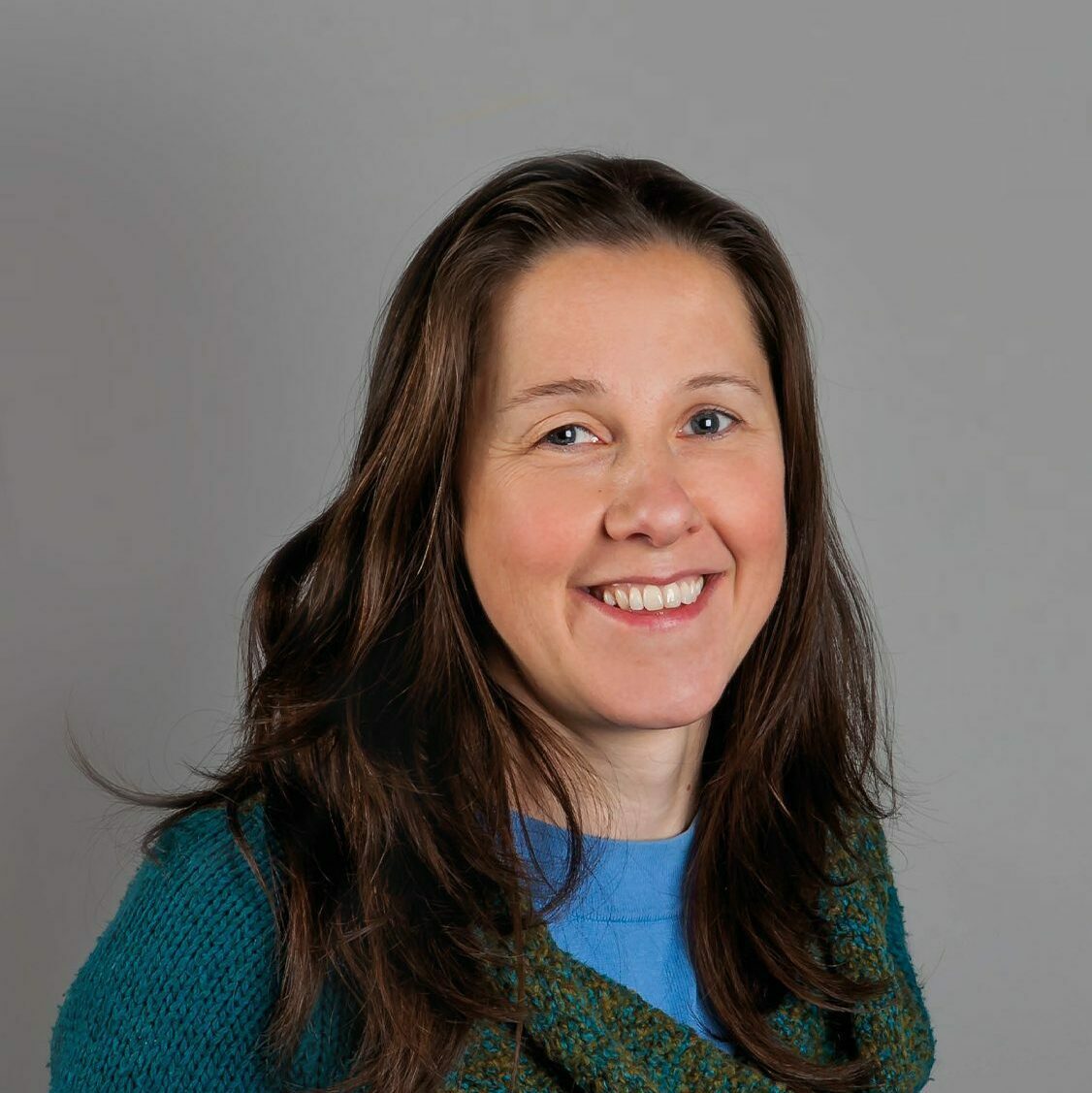
Room 1
11:00am
All things Supportive Seating: Moving beyond 90/90 sitting to a user-centered solution
Dr Laura Finney, Clinical Director
Leckey
Supportive seating is probably the most widely used piece of therapy equipment in a child’s 24-hour postural management plan, wielding significant influence over health and posture.
Thanks to advancements in therapy techniques, technical innovations and a user-centered design approach, there has been a notable shift in the equipment provided in recent years. Previously there was an emphasis on achieving a specific ‘optimal’ posture with the hips and knees flexed to 90 degrees.
However, there is now a growing recognition that the child’s age, developmental stage, task, ability and environment all play crucial roles in both shaping and being shaped by the support provided leading to a more nuanced approach to supportive seating across the day.
This engaging seminar will delve into the transformative potential of supportive seating, offering practical insights into developing personalised seating plans that safeguard health and maximise function as children grow and develop.
Laura has 20 years exeperience working in paediatric equipment and therapy.
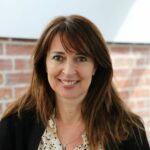
Room 1
12:00pm
Transition to adult services for young people with complex neurodisabilities
Paula Marten, Assistant Headteacher
Chailey Heritage Foundation
Leaving a special school is a frightening prospect for many young people and their families. Transitioning to Adult Services for those with complex neurodisabilities demands a great deal of support from carers and professionals to help young people, their parents, and carers during this time. In this presentation, I explain the challenges facing families, what defines successful transition and what we do at Chailey Heritage Foundation currently to try and achieve this.
I will also talk about the future and what we need to happen. The experience we’ve gained at Chailey Heritage Foundation in recent years working with families throughout the transition process will be of value and interest to others who are facing the same experience – either as a parent, carer, family member, or professional. I will also reference current APPG work and legislation on the topic.
Paula has 26 years’ SEND teaching and 18 years in SEND management, M.ed SEN/Inclusion.
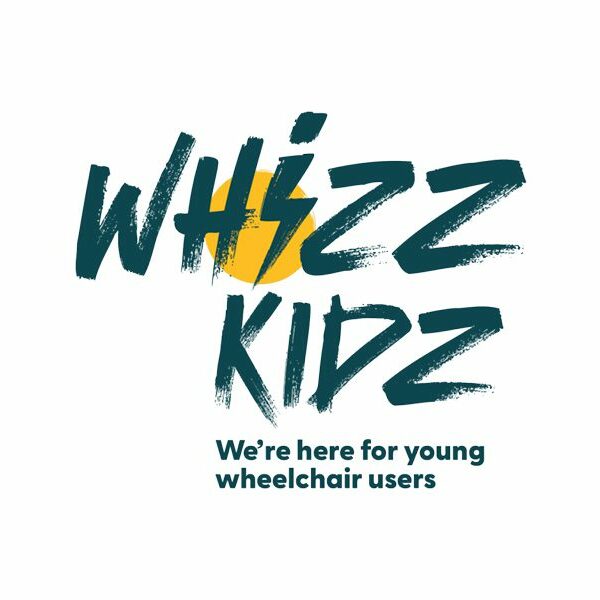
Room 1
1:00pm
An audience with the Whizz Kidz Board
Ella – Kidz Board Chair
Jo Fashan – Associate Director of Engagement & Policy
Whizz Kidz
Kidz Board are a group of young wheelchair users representing Whizz Kidz around the country.
Each one has their own experience of being a wheelchair user including going to university, navigating transition from education to employment, barriers to education and the equipment they have received. Through a Q&A session of up to half an hour (to include Q&A from the audience), Kidz Board will share their experiences and the work they are doing to help other young wheelchair users around the country.
Kidz Board will link this back to the key skills and equipment that they have found supported them on the journey (whether this is through Whizz Kidz or other organisations).
The session will run as a Q&A between Ella and Jo Fashan.

Room 1
2:00pm
Supporting the mental health of individuals with complex communication needs
Becky Fry
Clinical AAC Specialist (SLT)
Smartbox
Recent research indicates that the rate of mental health issues is much higher among those with complex communication needs (Watson, Reghavendra, & Crocker, 2021). This group are more likely to experience abuse, stress, anxiety, and ableism, which can contribute significantly to mental health issues.
This talk will cover ways we can best support and safeguard people who use Augmentative and Alternative Communication (AAC), so that they have access to and understand how and when to use language to discuss their mental health and wellness.
Learning objectives:
Discover vocabulary that can help AAC users engage in fruitful communication with others about their mental state and engage in self-talk.
Learn about tools to support AAC users to build and maintain relationships. For example, ways to access online discussions or social media, send emails and make calls with their device, and maintain conversations with peers.
Understand how the absence of mental health vocabulary may result in AAC users being under-identified with mental health conditions and subsequently deprived of access to important supports and therapy.
Becky is a Clinical AAC Specialist at Smartbox with over 19 years of experience in AAC. Becky qualified as a Speech and Language Therapist in 2005, with experience across various settings including education, care homes, residential settings, medium secure units, hospitals, and the prison service.
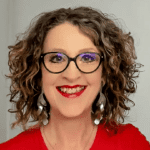
Room 1
3:00pm
Setting up the environment for vision and packing a positive looking to-go bag
Gwyn McCormack
CEO Positive Eye Ltd
Vision is the major way children learn and understand the world, yet it’s often the most overlooked sense and sits at the bottom of the agenda. Simple easy steps to creating a vision friendly environment and resources which create a valuable starting point will be practically demonstrated practically. You’ll takeaway easy to source resources and a useful range of ideas that can be implemented immediately. These approaches are simple, doable and possible by everyone and will support you to move vision up the agenda for children with vision impairment.
Learning objectives:
- To understand and action 5 steps to create a vision friendly space
- To select a minimum of 5 appropriate resources to promote children’s visual attention and fixation skills and how to incorporate within story time.
Gwyn B.Phil.Ed. (Distinction) Cert.Ed. founded Positive Eye in 2008 after spending many years as a teacher, first in mainstream
Seminar programme
Room 2
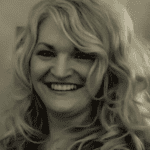
Room 2
10:00am
Risky Business – The benefits of positive risk taking
Aurndra Marshall-Clarke – Occupational Therapist
Adapt & Live
Risk is a necessary and important part of life for all of us, but for professionals and carers there is a strong emphasis on managing risk and protecting our clients from harm.
There may be a potential to be over cautious which can result in limiting an individual’s choices, quality of life, experiences and development. Although there can be challenges with positive risk-taking, taking well-calculated, managed risks can lead to enjoyable experiences for our clients and help them retain their independence as much as possible.
Positive risk management does not mean trying to eliminate risk. It means managing risks to maximise people’s choice and control over their lives. Learning outcomes:- To understand why positive risk taking is important as a means to enable cared for individuals to have a more fulfilling life.
To understand how to balance positive risk taking while providing safe care to the individual. To be confident in recording supported decision making.
Aurndra has over 36 years experience working across a wide variety of settings in NHS, Social Care, forensics and private sector, is an industry expert speaker at many conferences, a contributor to academic papers and text books on specialist subjects, and has had a number of research papers published.

Room 2
11:00am
Troubles with Toilet Training
Davina Richardson RGN/RSCN BSc (Hons) – Children’s Specialist Nurse
Bladder & Bowel UK
Toilet training can be challenging for parents and children, but is an important self-care skill. Understanding about how best to support children develop required skills has evolved and includes an increased awareness of some specific issues.
This seminar will discuss some of the difficulties, including challenges due to differences in processing, sensory issues, mobility issues and communication styles.
It will also offer suggestions for techniques to support children achieve their potential to be clean and dry. The seminar is relevant for families and professionals supporting children with any additional need or disability, including autism, developmental differences, learning or physical disability.
Davina has 17 years experience working as a specialist children’s bladder and bowel nurse.
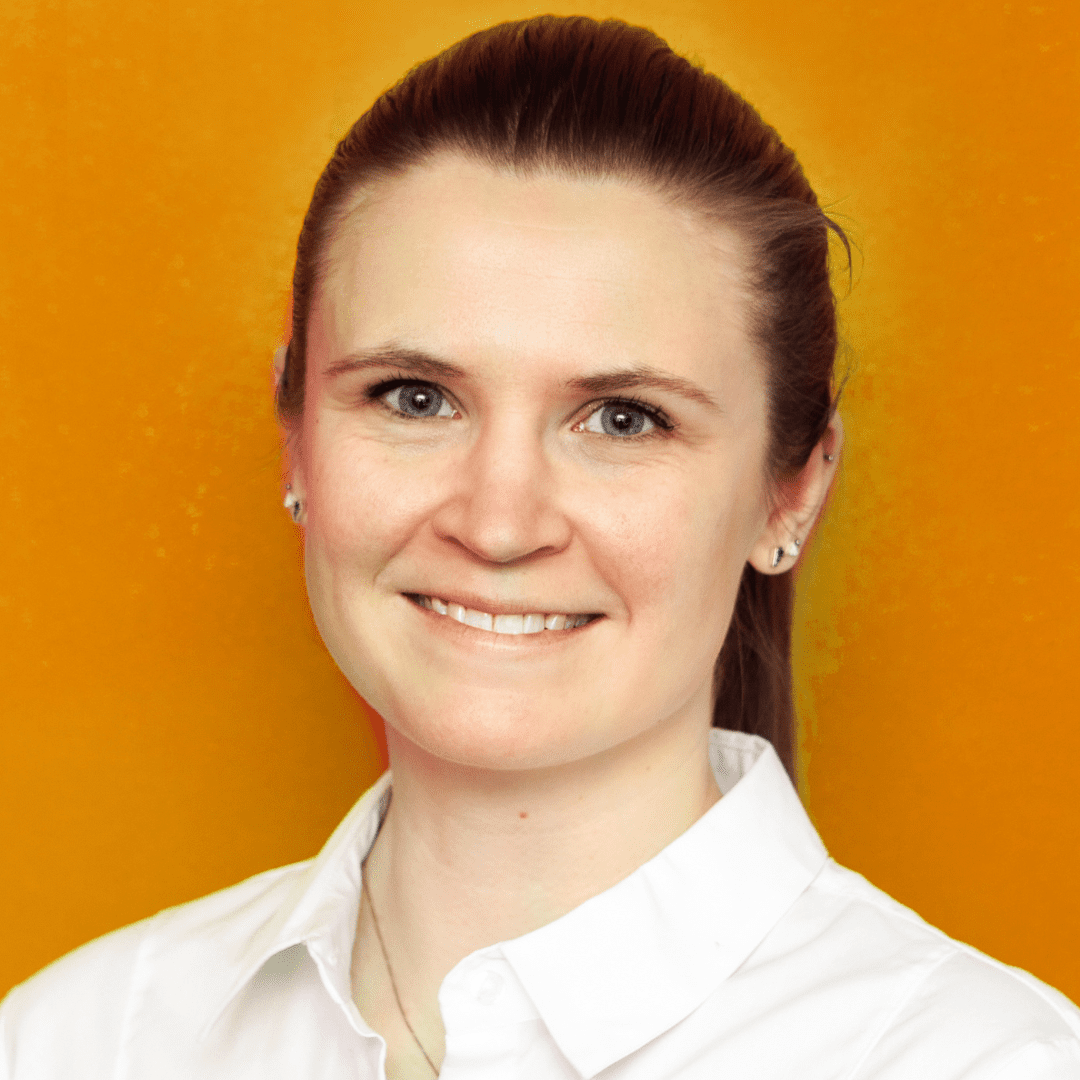
Room 2
1:30pm
Stand With Me: Supported standing for complex postures
Kayleah Cooper, National Clinical Training Manager
Jiraffe
This seminar will discuss the importance of supported standing for children with complex physical disability. We will look at some of the issues that can arise with complex physical postures in standing and provide considerations to help address them. This will give therapists more confidence on how to approach such barriers and to critically evaluate what the child-centred goals of standing can be. We will utilise clinical evidence to help show standing can still be an integral part of the 24-hour postural care programme for children with more postural and medical complexity.
Objectives and Learning:
• Overview of the benefits of standing in children with physical disability, clinical and holistic benefits.
• Brief overview of typical goals for early years standing.
• Evaluation of how these goals may change as child grows and their physical presentation and environment changes.
• Identifying typical challenges that arise in complex postures for standing.
• Considerations on how to overcome these challenges.
• Emphasising the importance of supported standing for inclusion, social and family interaction and utilising the F-Words in childhood disability to support standing frame prescription.
Kayleah is a Physiotherapy BSc (Hons) with over ten year’s experience in Postural Management.

Room 2
2:30pm
EHCP Annual Reviews & specifying provision – Know Your Rights!
Nancy Dobson, Paralegal
Irwin Mitchell LLP
We will take parents through:
• An overview of the Annual Review process and providing tips and tricks on the appropriate content of a review and how to ensure they are legally compliant.
• How to identify when you have a final EHCP with the right of appeal and how to secure amendments.
• How to get and specify 1:1 TA time in an EHCP
• What you can do when your child is not receiving their EHCP provision.
• The difference between home school and EOTAS (Education Otherwise than at School).
By the end of the session, parents should be empowered to ensure Local Authorities adhere to the Annual Review timetable and how and when to use the Annual Review process. Parents will know more about what a specified EHCP should look like, how to enforce missing provision. Parents will have clearer understanding of the difference between home school and EOTAS.
